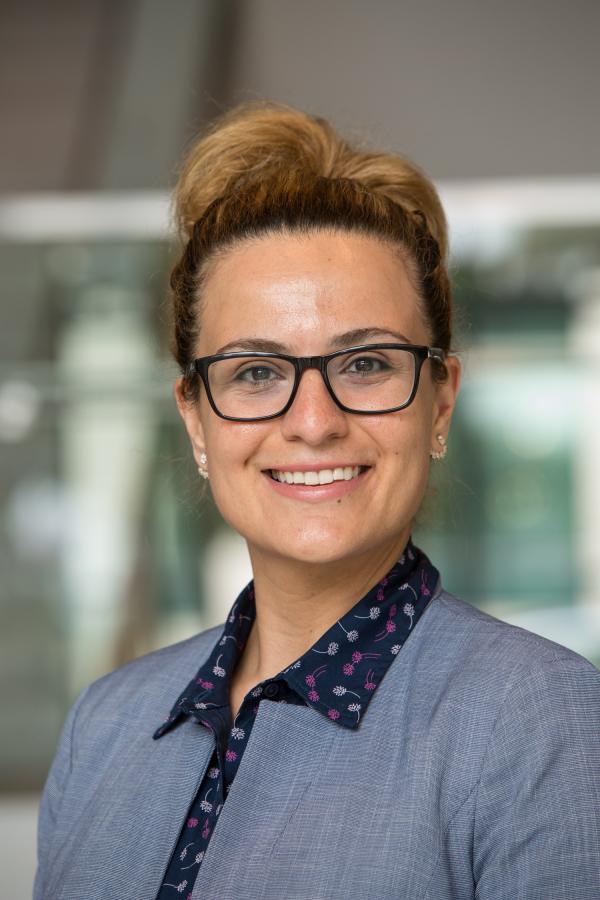Overview
The Palliative Care in Dementia project has identified palliative care needs and end of life challenges of persons with dementia and their caregivers using a combination of chart reviews and conducting interviews with patients and caregivers. Additional goals of the project include developing a holistic definition of optimal palliative care for individuals with dementia and their families to inform development of future dementia palliative care interventions. Atlantic Fellows will continue to use project data to develop complementary clinical interventions and research projects in the future.
Project Details
There are more than 5 million people living with Alzheimer’s disease (AD) and related dementias (ADRD) today in the United States, and this number is expected to increase to 16 million by 2050. People with dementia and their families face many challenges throughout the course of the illness, not the least of which is decision making regarding medical goals and end of life care. There is no cure for the many neurodegenerative diseases that cause dementia including Alzheimer’s disease (AD), vascular disease (VD), dementia with Lewy body disease (DLB), frontotemporal degeneration (FTD), and Huntington’s disease (HD). Therefore, dementia is a progressive and ultimately terminal illness. Little is known about the palliative care needs of persons with dementia (PWD) and their caregivers as their diseases progress, particularly those not living in nursing homes. Furthermore, little is known about what palliative care needs PWD have at what phase of their disease course.
The aims of this project are to:
- Aim 1. Identify the palliative care needs and end-of-life challenges of PWD.
- Aim 2. Identify the educational needs of dementia health care providers.
Collectively, aims 1 and 2 will significantly improve scholarship on patient and caregiver experience of dementia and caregiver burden, and will inform interventions to help provide a dignified end of life to people with terminal and painful diseases.













